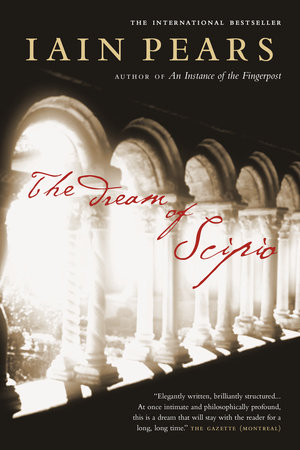Network theory dominated immunology for 15 years. Hundreds of immunologists were working on it. But by the early 1990s, it disappeared from publications as if it never existed.
What drove the author to write this book was his desire to understand why so many scientists, including himself, suddenly decided to work on a new model, generated tons of data in support of it, and then again suddenly abandoned it.
He divides this book into 3 parts. The first part is focused on the analysis of how science is done. The second part is about Network theory itself, its development, its rise and fall, and the third part is his conversations with fellow scientists of his generation who has done some work on Network theory.
The main point is that Network theory was a mere concept that never developed into a coherent model that could explain mechanistically the immune system and still a big part of immunology society was directly or indirectly involved in perpetuating its validity for 15 years. How was it possible for so many scientists to produce so much data in support of a model that no one could work out from A to Z even at the theoretical level? What was it? Scientific fraud? Poor experimentation? Conformism among scientists? lack of necessary reagents as many scientists appear to suggest?
posted by David Usharauli



